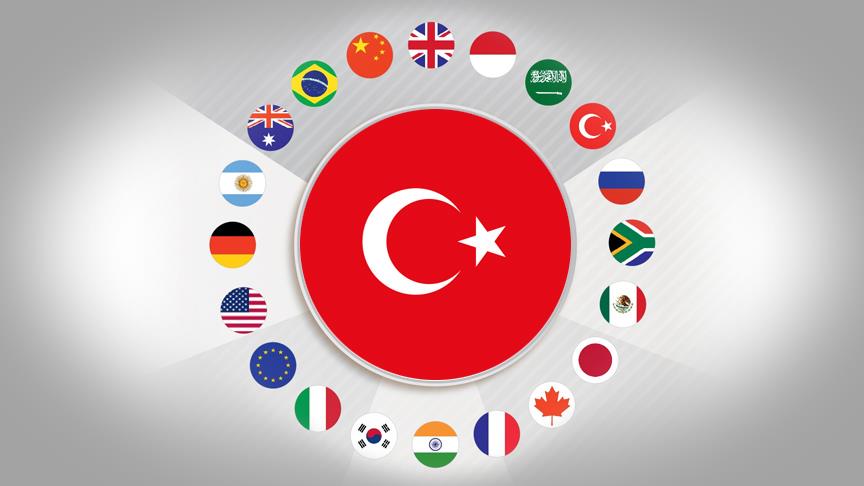
As foreign investors evaluate opportunities in Türkiye, it is crucial to understand the nation's evolving trade dynamics. The recently published 2024 Q2 International Trade Statistics Report provides valuable insight into Türkiye's international trade landscape.
The services sector continues to play a critical role in Türkiye's economy, contributing significantly to the country's current account balance through surplus generation, high value-added production, and employment creation. According to the report, Türkiye has made notable strides in this area:
This robust performance has resulted in an average trade surplus of 50% in the services sector, significantly enhancing Türkiye's current account balance.

Türkiye has emerged as a standout performer within the G20 group of countries in terms of service export growth. According to the OECD report:
Last year, G20 countries saw a 1.9% growth in service exports, while Türkiye's service exports grew by 4.7%. During the same period, G20 service imports increased by 1.1%, but Türkiye's service imports contracted by 3% (seasonally adjusted).
The Turkish government's commitment to supporting the services sector remains firm. The OECD report highlights the positive impact this sector has had on Türkiye's current account balance, noting its growing importance in the global trade landscape.
The Ministry of Trade issued the following statement:
"As the Ministry of Trade, we will continue to support our service sectors and aim to turn service-exporting firms into global brands. In 2023, the ministry allocated TRY 2.5 billion (approximately $92 million) to support service exporters. This budget has increased to TRY 5.1 billion (approximately $187 million) in 2024, with TRY 3.9 billion (approximately $143 million) in support payments already disbursed by August of this year."

Türkiye's rapid development in e-commerce is another area of growth that foreign investors should take note of. The "Outlook of E-Commerce in Türkiye" report by the Ministry of Trade outlines significant developments in this sector, particularly in the field of "quick commerce," where delivery is often carried out by motorcycle couriers.
In 2023, the volume of quick commerce in Türkiye nearly doubled, rising by 99.2% year-on-year to reach TRY 126.1 billion (approximately $4.6 billion). The majority of orders were placed during the 6 PM-12 AM time slot, with motor couriers extending their shifts to meet the demand.
Sectoral breakdown of quick commerce
A closer look at the distribution of quick commerce reveals:
The cities with the highest levels of quick commerce activity were Istanbul, Ankara, Izmir, Adana, and Antalya.
In a broader e-commerce context, Türkiye's total e-commerce volume reached TRY 1.85 trillion (approximately $67.9 billion) in 2023, a 115.15% increase compared to the previous year. The number of e-commerce transactions also grew by 22.25%, totaling 5.87 billion. Projections for 2024 indicate that e-commerce volume will hit TRY 3.4 trillion (approximately $124.7 billion), with transaction numbers reaching 6.67 billion.

The top sectors contributing to Türkiye's e-commerce volume in 2023 were:
The number of businesses engaged in e-commerce reached 559,412 in 2023. Of these, approximately 540,000 operated through online marketplaces, while over 35,000 were registered with the Electronic Commerce Information System (ETBIS) and conducted e-commerce through their own websites or mobile applications.
E-commerce activity peaked in November 2023, driven by major campaigns. The volume of transactions during this period was 50% higher than the monthly average. The 24th of November, Teacher's Day, recorded the highest transaction volume of the year.
Türkiye’s booming services and e-commerce sectors are vital areas of opportunity for foreign investors. The country’s strong performance in service exports, rapid growth in e-commerce, and government support for key sectors offer a stable and lucrative environment for international investment. With e-commerce volumes set to increase further in 2024, and the services sector continuing to thrive, Türkiye remains an attractive destination for foreign investment in both traditional and digital industries.